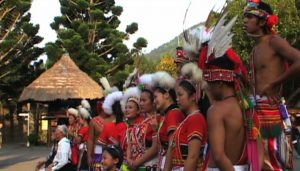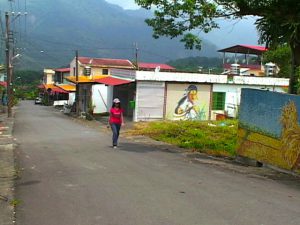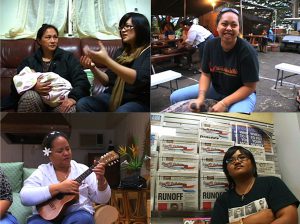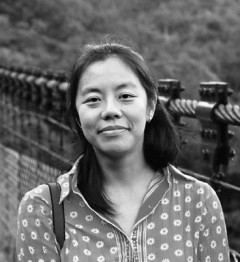
Anita Chang
San Francisco, CA
Anita Chang is an independent filmmaker, educator and writer. Her award-winning works have screened and broadcast internationally, and have been presented at the Whitney Museum of American Art, Yerba Buena Center for the Arts, SFMOMA, Walker Arts Center, Museum of Fine Arts Houston and National Museum of Women. Her films and videos include Joyful Life (2007), 62 Years and 6500 Miles Between (2005), She Wants to Talk to You (2002), Imagining Place (1999), Mommy, What’s Wrong? (1997), Video Letter to the President (1996) and One Hundred Eggs a Minute (1996). They are distributed by Women Make Movies, Third World Newsreel, Center for Asian American Media and Taiwan Public Television. Chang has taught film and media studies in numerous community and academic settings in the San Francisco Bay Area, and abroad at AAVAS in Kathmandu Nepal, the renowned Motion Picture Department at National Taiwan University of Arts, and the Department of Indigenous Languages and Communication at National Dong Hwa University in Taiwan. Her essays have appeared in positions: asia critique, Concentric: Literary and Cultural Studies and Taiwan Journal of Indigenous Studies. Honors include a Fulbright Teaching Award, San Francisco Arts Commission grant, National Geographic All Roads grant and KQED Peter J. Owens Filmmaker Award. She is currently pursuing a doctorate in Film & Digital Media at University of California Santa Cruz.
From the Journal
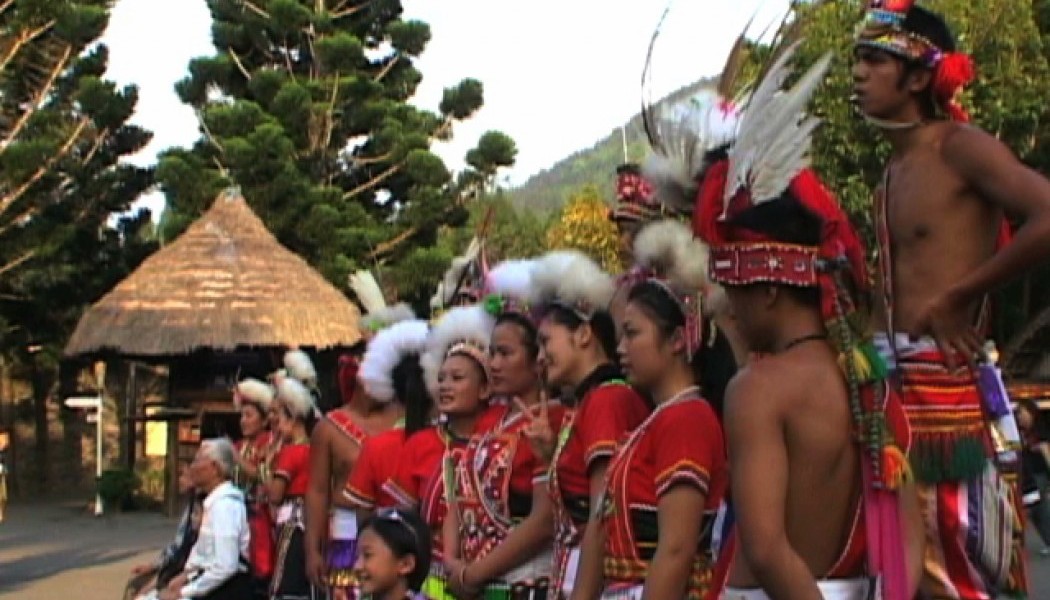


Tongues of Heaven
Anita Chang
Artist BioSet in Taiwan and Hawai’i, Tongues of Heaven focuses on the questions, desires and challenges of young indigenous peoples to learn the languages of their forebears—languages that are endangered or facing extinction. Using digital video as the primary medium of expression, four young indigenous women from divergent backgrounds collaborate and exchange ideas to consider the impact of language on identity and culture. With 96% of the world’s population speaking only 4% of the world’s languages, what does it mean to speak your mother tongue in this age of language homogenization? To put it another way, what do you lose when you lose your native language? These are just some of the questions that these women, with camera in hand, ask themselves, their families and peers.
